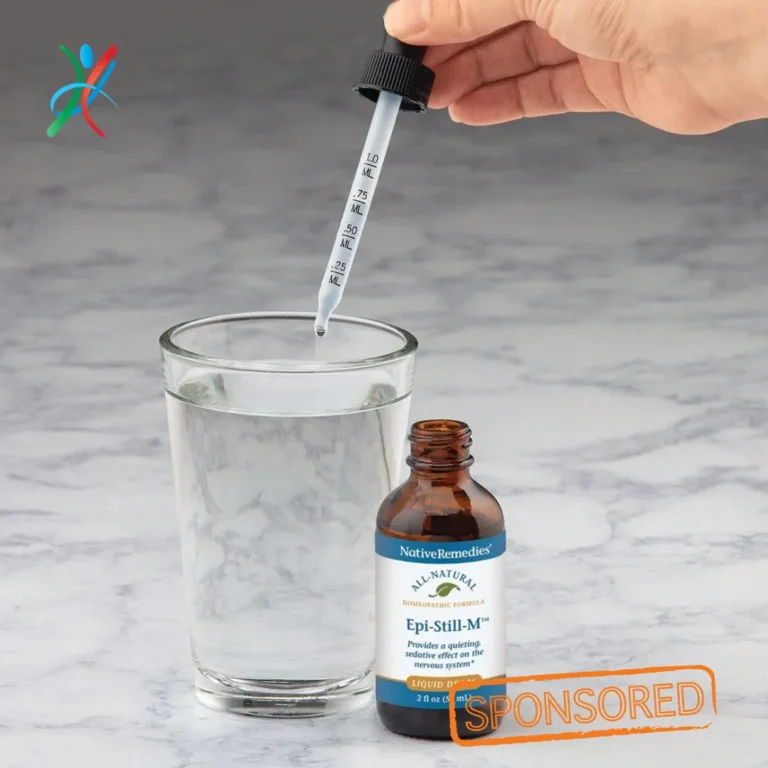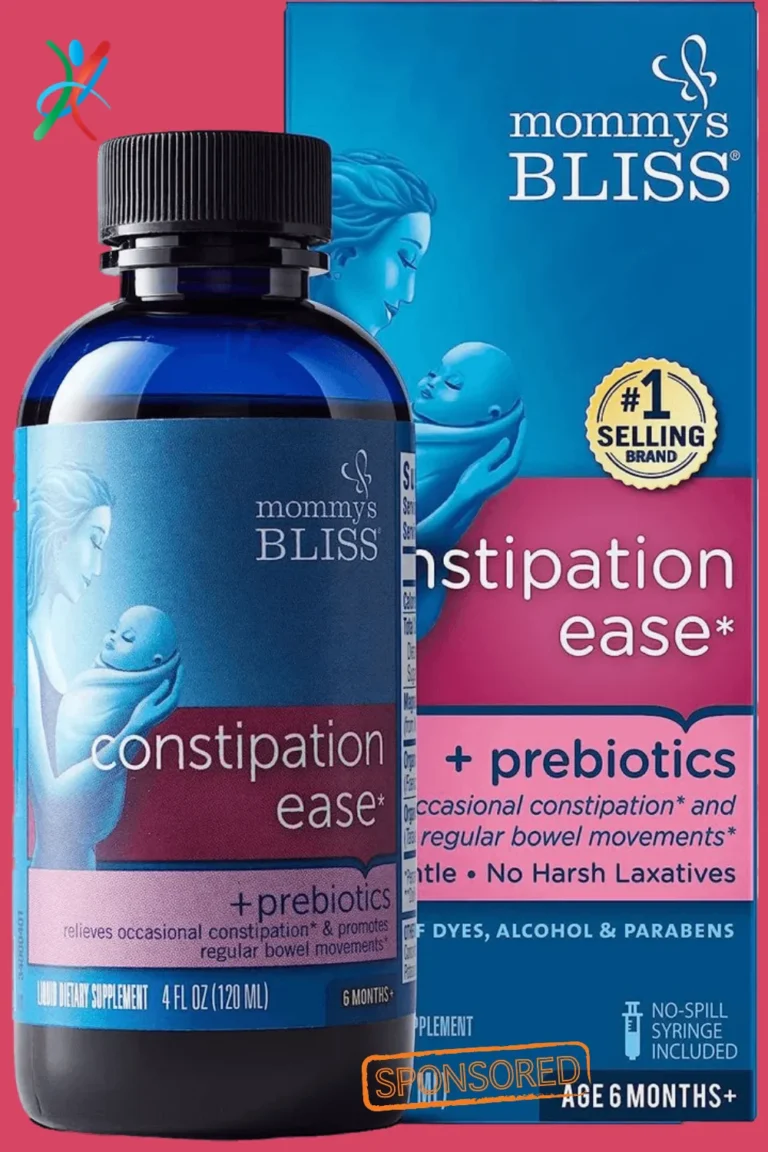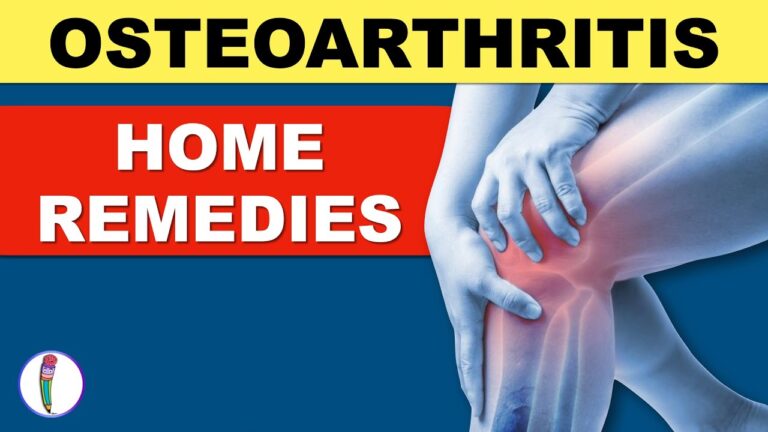Remedies for Headaches
Imagine this: You’re in the middle of a crucial work presentation or enjoying a long-awaited gathering with friends when suddenly, an all-too-familiar throbbing pain begins to pulsate through your temples.
Headaches can strike at the most inconvenient times, transforming productive moments into unbearable discomfort.
While popping a pill might be the go-to solution for many, there’s a world of effective and natural remedies that might just hold the key to your relief.
In this article, we will explore an array of remedies for headaches that extend beyond conventional medicine.
From ancient holistic practices to modern scientific breakthroughs, these solutions offer varied approaches tailored to provide quick and lasting comfort.
Whether you suffer from tension headaches, migraines, or cluster headaches, there’s something here for everyone eager to reclaim their peace of mind and get back to living life uninterrupted.
So sit back, relax (a remedy in itself!), and dive into these insightful strategies that promise more than just temporary reprieve.
Headaches are a common malady that can disrupt our daily lives and hinder our productivity.
Whether brought on by stress, dehydration, lack of sleep, or underlying health issues, finding effective remedies for headaches is essential for alleviating discomfort and improving overall well-being.
In this article, we will explore various remedies for headaches, ranging from natural remedies to over-the-counter medications, that can provide relief and help prevent future occurrences.
Understanding the root cause of your headaches is crucial in determining the most appropriate treatment option, as not all headaches are created equal.
By incorporating these remedies into your daily routine, you can better manage and reduce the frequency and intensity of headaches, allowing you to regain control of your health and quality of life.
From lifestyle adjustments to dietary changes, there are numerous strategies that can help alleviate headache symptoms and promote long-term relief.
It is important to consult with a healthcare professional if you experience persistent or severe headaches, as they may indicate a more serious underlying condition that requires medical attention.
By taking proactive steps to address your headaches, you can improve your overall well-being and enjoy a higher quality of life.
Table of Contents Remedies for Headaches
Stay hydrated and manage stress
In addition to incorporating targeted remedies, it is essential to maintain a proactive approach to headache prevention by considering factors beyond immediate symptom management.
Ensuring adequate hydration levels throughout the day can significantly impact headache frequency and intensity.
Dehydration is a common trigger for headaches, as it can lead to alterations in blood volume and electrolyte balance, potentially causing vascular changes that trigger pain responses.
Furthermore, managing stress levels effectively can play a pivotal role in headache prevention.
Chronic stress has been linked to the exacerbation of tension-type headaches and migraines.
Implementing stress-reduction techniques such as mindfulness, relaxation exercises, and time management strategies can contribute to a more balanced stress response and potentially reduce the incidence of headaches.
Integrating these lifestyle adjustments alongside targeted remedies can form a comprehensive approach to managing and preventing headaches.
Apply a cold or warm compress
One effective method to alleviate headache discomfort is the application of a cold or warm compress to the affected area.
Cold therapy, such as a cold pack or a cloth soaked in cold water, can help constrict blood vessels and reduce inflammation, which may provide relief from headaches caused by tension or migraines.
On the other hand, warm compresses, like a warm towel or a heat pad, can help relax muscles and improve blood flow, particularly benefiting individuals experiencing headaches due to muscle tension or sinus congestion.
This simple yet versatile approach offers a non-invasive way to address headache symptoms and can be easily incorporated into a holistic headache management plan.
Practice relaxation techniques for relief
Incorporating relaxation techniques into your daily routine can be a valuable addition to your headache management strategy.
Deep breathing exercises, progressive muscle relaxation, and mindfulness meditation are proven methods that can help reduce stress levels, promote relaxation, and alleviate headache symptoms.
By focusing on controlled breathing patterns or releasing tension from different muscle groups, individuals may experience a significant decrease in the frequency or intensity of headaches.
Additionally, engaging in mindfulness practices can enhance self-awareness and foster a sense of calm, potentially diminishing the impact of headache triggers.
Introducing these relaxation techniques into your schedule can not only provide immediate relief but also contribute to long-term well-being and headache prevention.
Consider over-the-counter pain relievers
For individuals seeking prompt relief from headache symptoms, over-the-counter pain relievers can serve as a practical option.
These medications, easily accessible without a prescription, often contain active ingredients such as acetaminophen, ibuprofen, or aspirin, which are effective in managing mild to moderate headache discomfort.
When taken as directed, these pain relievers can help alleviate headache pain, reduce inflammation, and address associated symptoms such as muscle tension or fever.
However, it is crucial to adhere to the recommended dosage guidelines and consult with a healthcare professional if experiencing frequent or severe headaches to ensure appropriate management and potential underlying causes are addressed.
Seek medical advice for chronic headaches
It is important to note that chronic headaches, lasting for days or occurring frequently over an extended period, may require more personalized management strategies.
In such cases, seeking medical advice from a healthcare provider is highly recommended to determine the underlying causes and develop a comprehensive treatment plan tailored to your specific needs.
Chronic headaches can be indicative of various health conditions, including migraines, tension headaches, or underlying medical issues, and a thorough evaluation by a healthcare professional can help in accurately diagnosing the condition and implementing targeted interventions to alleviate symptoms and improve your overall well-being.
Utilizing the expertise of a healthcare provider can lead to the most effective and sustainable solutions for managing chronic headaches and enhancing your quality of life.
In conclusion, understanding the various remedies for headaches can greatly benefit individuals in managing and alleviating this common affliction.
Whether opting for natural methods such as hydration, relaxation techniques, or dietary adjustments, or seeking medical advice for prescription medications or alternative therapies, it is crucial to prioritize personal health and well-being.
By recognizing the triggers, symptoms, and suitable treatments for headaches, individuals can take proactive steps towards effectively addressing this issue and improving their quality of life.
Remember, a targeted approach based on individual needs and preferences is key in finding the most effective headache remedy.
FAQ
What are some natural remedies for headaches that can be used as an alternative to over-the-counter medication?
Some natural remedies for headaches include drinking plenty of water, applying a cold or warm compress to the forehead, practicing relaxation techniques like deep breathing or meditation, massaging the neck and temples, using essential oils like peppermint or lavender, getting adequate sleep, and maintaining a balanced diet.
These methods may help alleviate headache symptoms without the need for over-the-counter medication.
Are there any specific foods or drinks that can help alleviate headaches or prevent them from occurring?
Foods such as ginger, magnesium-rich foods like almonds and spinach, and hydration with water or herbal teas can help alleviate headaches.
Avoiding trigger foods like processed meats, alcohol, and caffeine can also prevent headaches.
Furthermore, staying hydrated, maintaining a regular eating schedule, and incorporating anti-inflammatory foods like turmeric can help manage headache symptoms.
Consult a healthcare provider for personalized advice on managing headaches through diet and lifestyle changes.
How effective are essential oils in treating headaches, and which ones are recommended for this purpose?
Essential oils can be effective in treating headaches for some individuals, particularly when used in conjunction with other treatments.
Peppermint, lavender, eucalyptus, and rosemary essential oils are commonly recommended for their potential headache-relieving properties.
However, it is important to remember that individual responses to essential oils can vary, and it is advisable to consult with a healthcare provider before using them for headache relief.
What are some relaxation techniques or practices that can help reduce the frequency and severity of headaches?
Practices such as deep breathing exercises, progressive muscle relaxation, yoga, meditation, and regular physical activity can help reduce the frequency and severity of headaches by promoting relaxation, reducing stress, and improving overall well-being.
Additionally, maintaining a consistent sleep schedule, staying hydrated, managing your diet, and practicing good posture can also play a role in headache prevention and relief.
It is important to identify triggers and adopt a personalized relaxation routine to effectively manage headaches.
Are there any specific vitamins or supplements that have been shown to be beneficial for headache relief?
Several vitamins and supplements have shown promising results in reducing headache symptoms.
Magnesium, riboflavin (vitamin B2), coenzyme Q10, and feverfew are commonly recommended for migraine prevention.
Additionally, vitamin D and omega-3 fatty acids have been studied for their potential benefits in reducing headache frequency and intensity.
However, it is important to consult with a healthcare provider before starting any new supplement regimen to ensure safety and efficacy, especially if you are taking other medications or have underlying health conditions.







